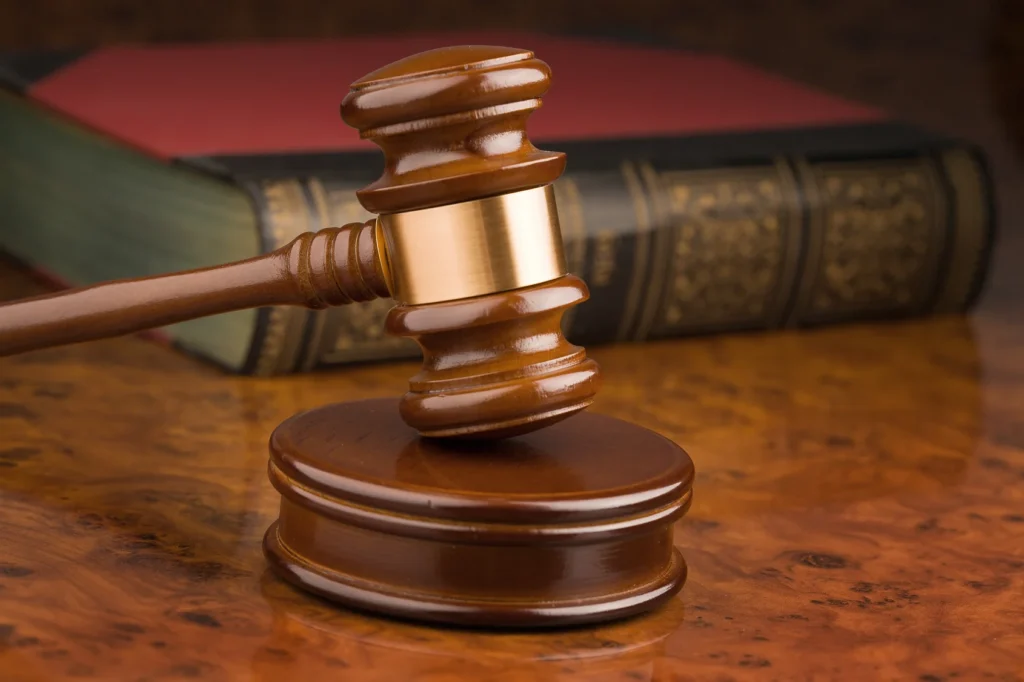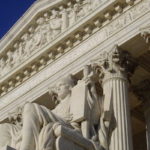
Published March 11, 2023
I’m pleased to break the news that Stanford president Marc Tessier-Lavigne and Stanford law school dean Jenny Martinez have issued a joint letter of apology to Judge Kyle Duncan for the violations of university policies on speech that disrupted his talk on Thursday:
We write to apologize for the disruption of your recent speech at Stanford Law School. As has already been communicated to our community, what happened was inconsistent with our policies on free speech, and we are very sorry about the experience you had while visiting our campus.
In an obvious reference to DEI dean Tirien Steinbach’s bizarre six-minute scolding of Duncan, their letter observes that “staff members who should have enforced university policies failed to do so, and instead intervened in inappropriate ways that are not aligned with the university’s commitment to free speech.”
I asked Judge Duncan for comment and have received this response from him:
I appreciate receiving Stanford President Marc Tessier-Lavigne’s and Stanford Law Dean Jenny Martinez’s written apology for the disruption of my speech at the law school. I am pleased to accept their apology.
I particularly appreciate the apology’s important acknowledgment that “staff members who should have enforced university policies failed to do so, and instead intervened in inappropriate ways that are not aligned with the university’s commitment to free speech.” Particularly given the depth of the invective directed towards me by the protestors, the administrators’ behavior was completely at odds with the law school’s mission of training future members of the bench and bar.
I hope a similar apology is tendered to the persons in the Stanford law school community most harmed by the mob action: the members of the Federalist Society who graciously invited me to campus. Such an apology would also be a useful step towards restoring the law school’s broader commitment to the many, many students at Stanford who, while not members of the Federalist Society, nonetheless welcome robust debate on campus.
Finally, the apology promises to take steps to make sure this kind of disruption does not occur again. Given the disturbing nature of what happened, clearly concrete and comprehensive steps are necessary. I look forward to learning what measures Stanford plans to take to restore a culture of intellectual freedom.
Two comments:
1. Late yesterday afternoon, Martinez sent a statement to Stanford law students. (I copy her statement in two parts from a post by David Lat.) As I noted in a tweet thread yesterday evening, there was a lot that was missing from Martinez’s statement. Perhaps most galling was Martinez’s suggestion that Steinbach’s intervention was a “well-intentioned” “attempt[] at managing the room” that just “went awry.”
Why did Stanford president Tessier-Lavigne sign the apology to Duncan, rather than just leave it to Martinez to do so? One obvious possibility is that he was disappointed with her excuse-mongering for Steinbach and didn’t trust her to issue a proper apology.
2. The letter of apology is very tepid in its assertion that Stanford is “taking steps to ensure that something like this does not happen again.” We shall see what steps Stanford actually takes. Firing Steinbach would be a good first step. Identifying and publicly censuring students who engaged in flagrant misconduct would be another.
Edward Whelan is a Distinguished Senior Fellow of the Ethics and Public Policy Center and holds EPPC’s Antonin Scalia Chair in Constitutional Studies. He is the longest-serving President in EPPC’s history, having held that position from March 2004 through January 2021.












